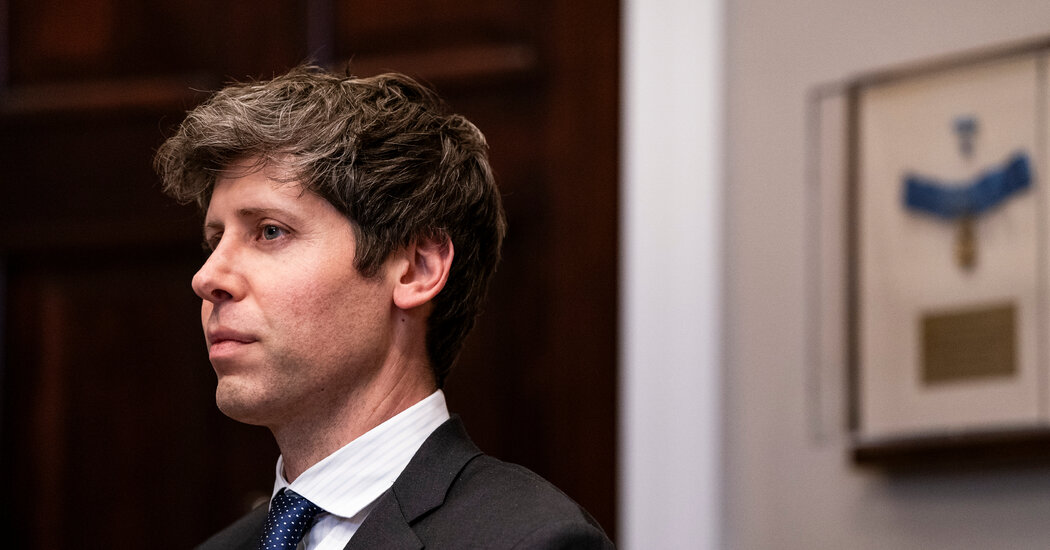In November, Elon Musk asked a federal court to dam OpenAI’s plan to change into itself from a nonprofit right into a purely for-profit corporate.
On Tuesday, a federal pass judgement on in San Francisco denied Mr. Musk’s request, calling it “strange.” However the court docket allowed Mr. Musk to continue with different sides of a lawsuit he filed last year against OpenAI and its chief executive, Sam Altman.
Mr. Musk helped create OpenAI as a nonprofit in 2015, together with Mr. Altman and others. In 2018, Mr. Musk left the group after a combat for keep watch over of the corporate. Mr. Altman then connected OpenAI to a for-profit corporate so he may just carry the billions of bucks had to construct synthetic intelligence applied sciences.
However the nonprofit retained keep watch over of the corporate. Closing yr, Mr. Altman and his corporate started operating on a plan to shift control of the company from the nonprofit to OpenAI’s buyers as a for-profit corporate.
Quickly after, Mr. Musk filed a lawsuit in opposition to OpenAI and Mr. Altman, claiming that they had breached the corporate’s founding contract through placing industrial pursuits forward of the general public excellent.
Later, Mr. Musk expanded the grievance to incorporate claims that OpenAI had violated antitrust regulations through asking buyers to agree to not spend money on rival firms, together with Mr. Musk’s new synthetic intelligence corporate, xAI.
“We welcome the court docket’s determination,” Lindsey Held, an OpenAI spokeswoman, stated in a remark. “Elon’s own emails display that he sought after to merge a for-profit OpenAI into Tesla. That might had been nice for his non-public receive advantages, however now not for our undertaking or U.S. pursuits.”
Previous this yr, Mr. Musk and a consortium of buyers escalated his longstanding feud with Mr. Altman through offering to buy the property of the nonprofit that controls OpenAI for greater than $97 billion. OpenAI’s board of administrators later rejected the bid.
However the bid may just nonetheless complicate Mr. Altman’s efforts to split the corporate from the nonprofit board and lift the billions of bucks that OpenAI must construct new applied sciences.
“We’re happy the court docket has introduced an expedited trial at the core claims riding this situation, which in its phrases provide ‘pressing’ problems within the public’s passion,” Marc Toberoff, the attorney representing Mr. Musk, stated in a remark to The New York Instances.
(The New York Instances has sued OpenAI and its spouse, Microsoft, accusing them of copyright infringement referring to information content material associated with A.I. programs. OpenAI and Microsoft have denied the ones claims.)



